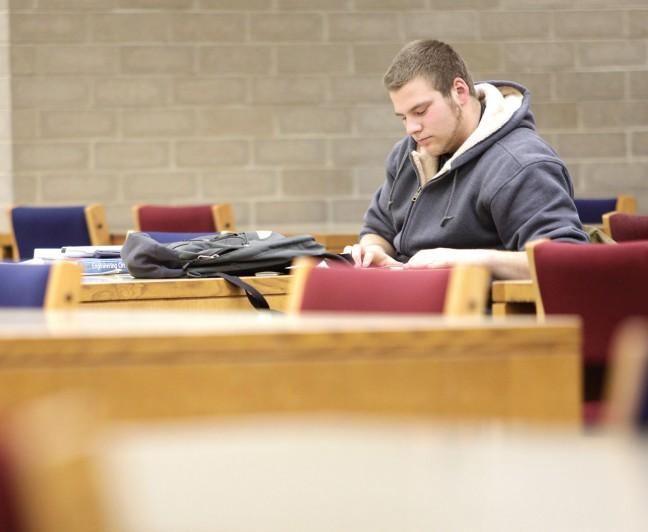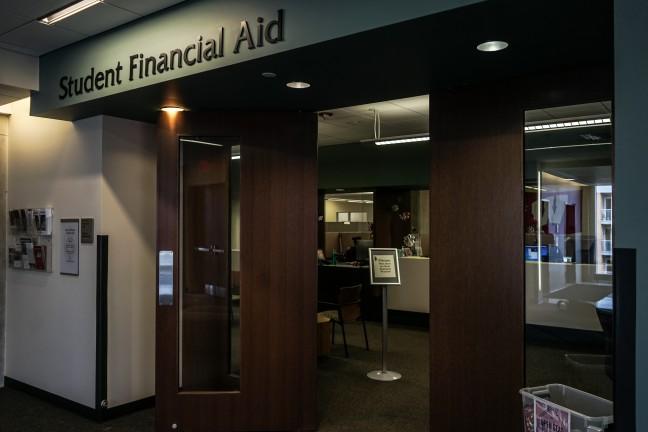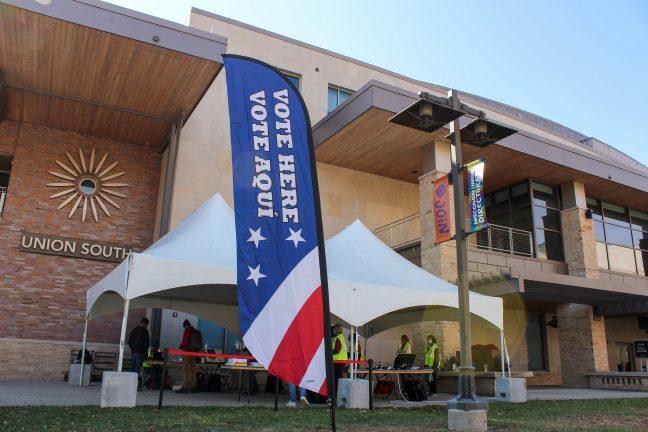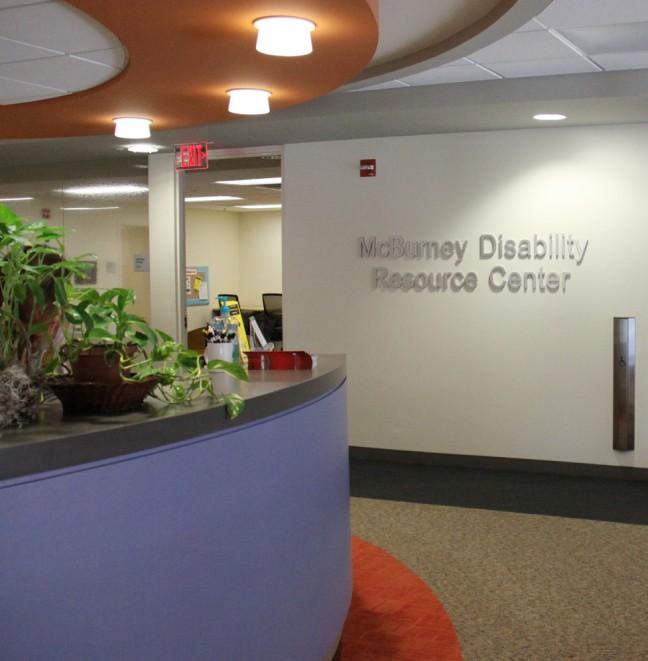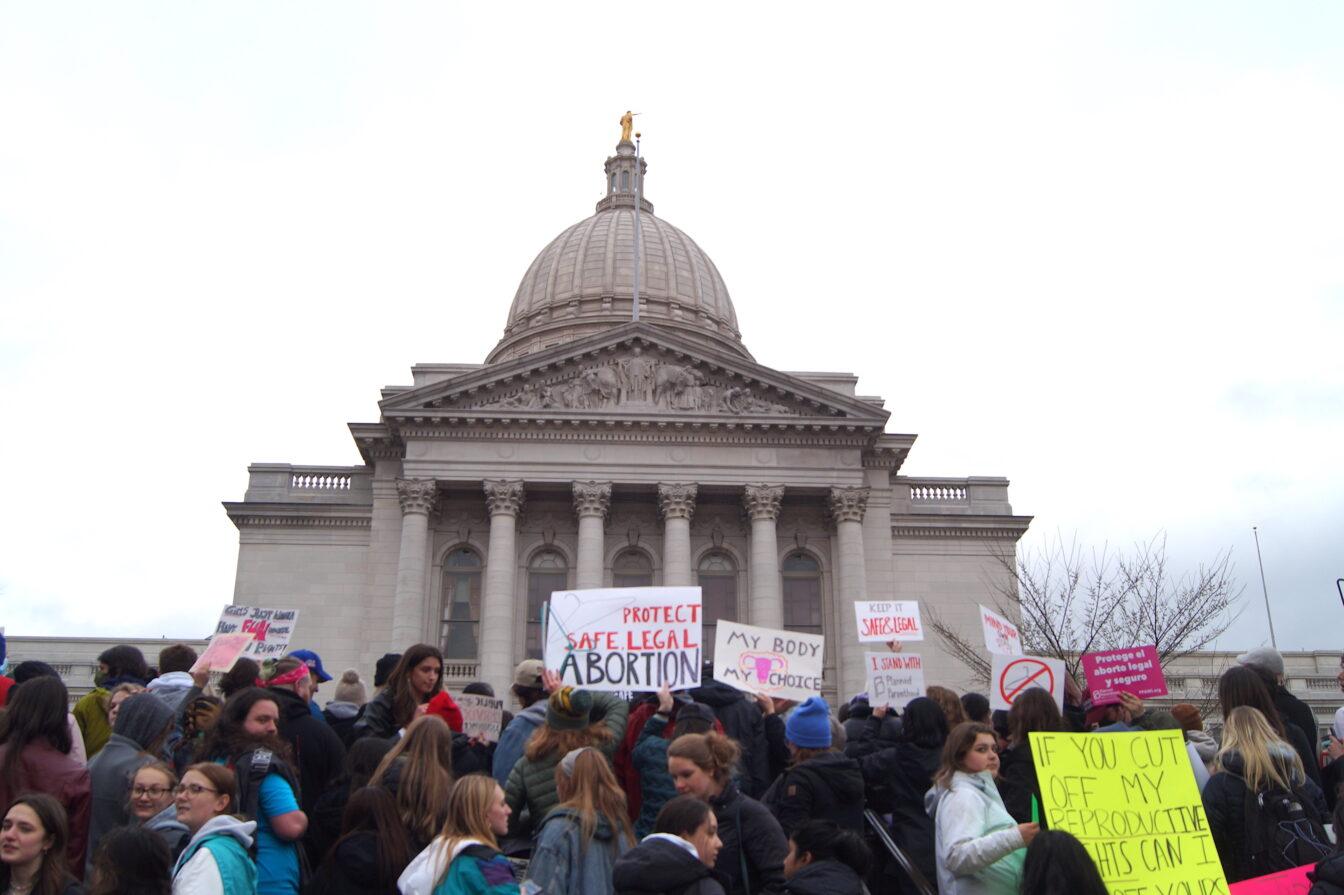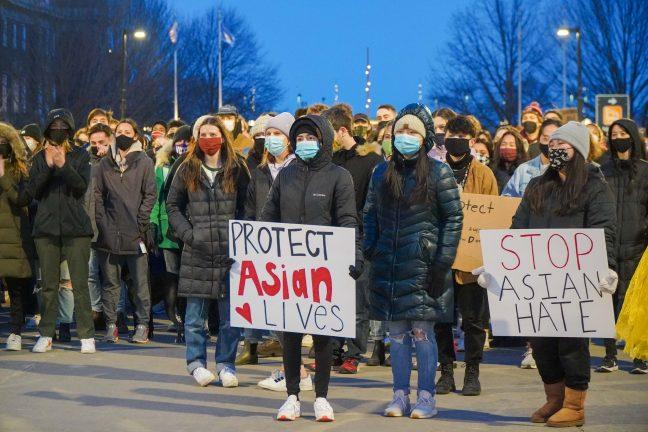I am writing in response to the column titled “Journalism students poised to restore public faith in media” published on Feb. 21, 2017. After writing a paper for my Communication B requirement about how news is shared by University of Wisconsin to students, I concluded that because media is biased, it interferes with communication to students. This column was a great leverage point for continuing this discussion with the greater campus and student journalists.
Today’s students, tomorrow’s reporters: why future journalists will save the industry
I agree with the author’s argument that news biases seen in today’s media have a great impact on the audiences that read them. Today, social media sites like Facebook are becoming common news sources for people checking up with their friends and family throughout the day, but what I saw during the election and even today are political opinions being formed off what people see their friends comment, or after reading one biased news article. Do you think social media as a news source will take away from the role of journalists?
I might challenge the author’s argument about news sources becoming less biased, because I feel there is still a strong division between Republicans and Democrats in our nation after the November election. How can these news sources help the country come together in unity?
Our generation, in particular, has not participated in an election without the blessing — or curse — of Facebook, and I think a lot of us would agree that we tend to read political articles and news that conform to our standing opinions, increasing the role of confirmation bias. For students who are still trying to form some of their own political opinions, do you recommend finding news sources that have the opposite political bias, as you typically wouldn’t agree with?
From the Desk of the Editor: In a world of ‘fake news’ it’s on everyone to stay informed
One final point of the column I wanted to address: If a majority of news is biased, where will this “hard evidence” journalists will need to strengthen their arguments even come from?
Many would argue that what we once thought was ethical is now is questionable after seeing what examples come from the White House. With such a controversial president, it’s going to be more difficult when reporting the news to convince your readers of the evidence and facts you are trying to prove through the news. To add to my point, Harvard professor Thomas Patterson said, “[f]or years on end, journalists have told news audiences that political leaders are not to be trusted and that government is inept. And when journalists turn their eye to society, they highlight the problems and not the success stories. The news creates a seedbed of public anger, misperception and anxiety.”
Therefore, I have a hard time agreeing with the author’s claim that faith in journalism will be restored by today’s journalists. Even though this is an amazing, idealistic solution to a problem we see every day in our community and throughout the world, I don’t think it will come as easy as you proposed here.
Jaclyn Dedering ([email protected]) is a junior majoring in community and nonprofit leadership.


